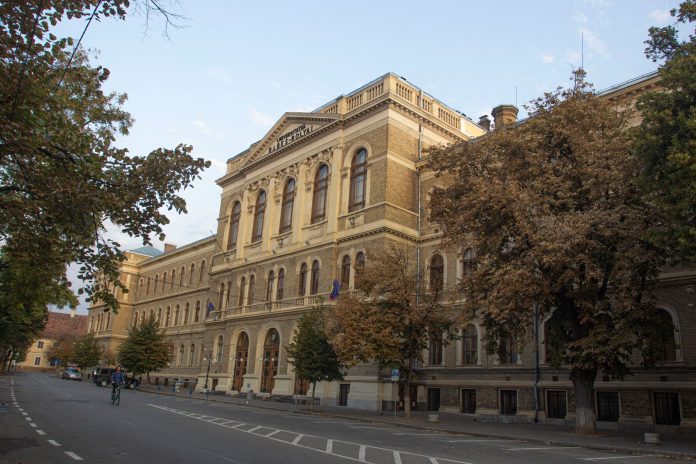„Babes-Bolyai” University (UBB) in Cluj-Napoca announces that it has opened the first protein crystallization laboratory in Romania.
„The Faculty of Chemistry and Chemical Engineering and the Enzymology and Applied Biocatalysis Research Centre within the Babes-Bolyai University in Cluj-Napoca (UBB) mark a national premiere by establishing the first protein crystallization laboratory in Romania. The laboratory was created within the BacProBio research project (National Recovery and Resilience Plan – PNRR I8, contract no. 760251/28.12.2023), coordinated by Jurgen Brem, PhD and associate professor Laszlo Csaba Bencze, PhD. The project aims to explore protein-protein interactions in bacteria in order to develop new antibiotics,” reads a press release of the UBB on Tuesday.
According to the same source, the new laboratory is equipped with state-of-the-art technology, including the Mosquito Xtal3 automated pipetting system, capable of quickly and precisely pipetting volumes of the order of nanoliters, essential for obtaining high-quality protein crystals.
„The laboratory is integrated into the infrastructure of the Enzymology and Applied Biocatalysis Research Centre, which also provides for the first time the entire workflow related to recombinant proteins: their isolation and purification, their functional and structural analysis. The new laboratory also benefits from support and collaboration from the National Centre for X-ray Diffractometry, an advanced research infrastructure within the same faculty, equipped in 2018 with a state-of-the-art diffractometer,” the same source also shows.
The BacProBio team members were trained by expert Ibolya Leveles from the Protein Crystallization Laboratory of the Budapest University of Technology and Economics, and the first protein crystals already obtained in the new laboratory are being analyzed through a partnership with the University of Oxford, Diamond Diffraction Centre. The obtained structures will constitute a major step in the characterisation of essential protein interactions in bacteria and, implicitly, the development of new antibiotics.
AGERPRES




